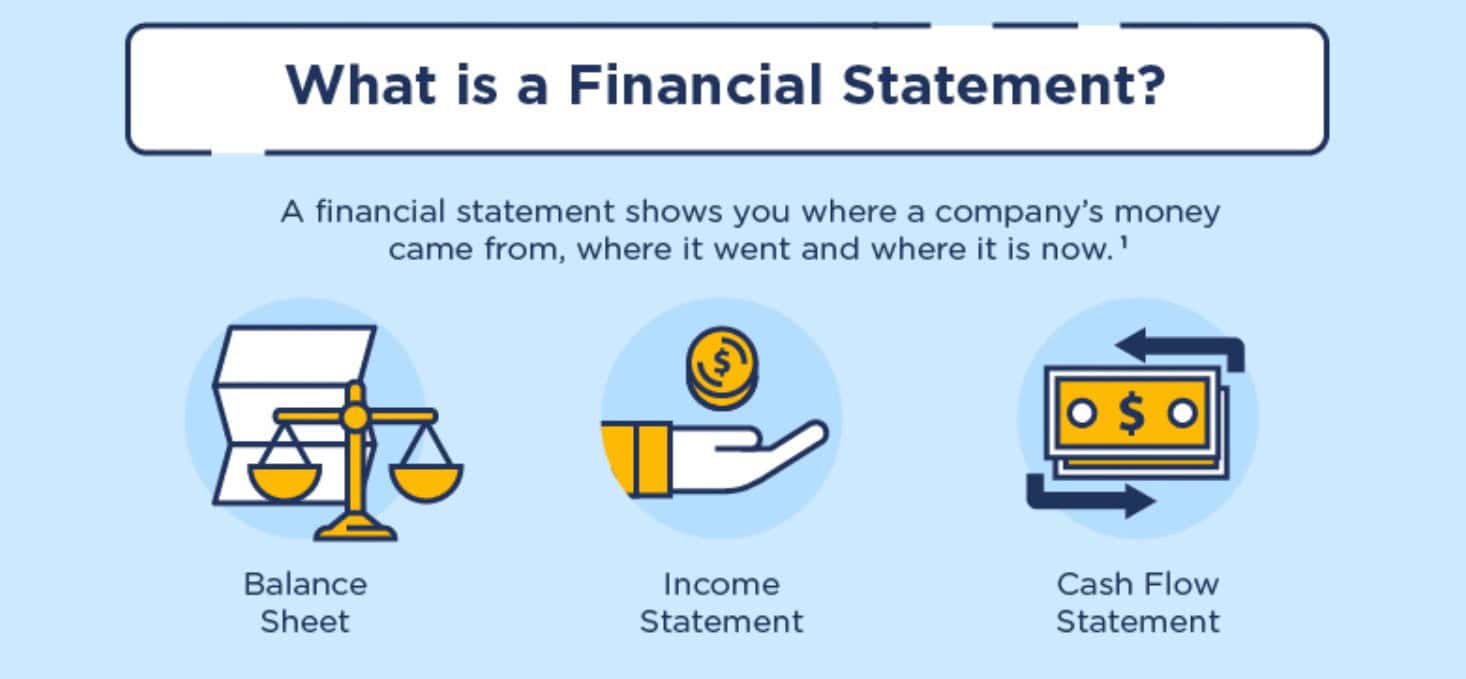Achieving Audit Success with Financial Statement Preparation in Dubai

Introduction
In today’s dynamic business environment, companies in the UAE must maintain transparency, compliance, and credibility through accurate reporting. Ensuring proper financial statement preparation in Dubai is not only a regulatory requirement but also a strategic advantage. Well-prepared financial statements provide clarity on a company’s performance, support informed decision-making, and ensure readiness for audits. When integrated with detailed Financial Statement Assessment and supported by innovative Financial Statement Software, these reports become indispensable tools that drive both operational stability and long-term growth.
The Importance of Financial Statements in Dubai
Financial statements are more than just reports to satisfy regulators. They serve as a company’s financial mirror, reflecting profitability, liquidity, and overall health. In Dubai, where business confidence and investor trust are crucial, accurate statements are essential for:
- Meeting IFRS and local compliance requirements
- Facilitating corporate tax and VAT reporting
- Strengthening investor and lender confidence
- Providing accurate information for management decisions
- Ensuring smooth statutory audits
Without accurate preparation, businesses face penalties, audit complications, and reduced credibility.
Steps in Financial Statement Preparation
The process of financial statement preparation in Dubai involves careful attention to detail and disciplined financial management. Key steps include:
- Maintaining Accurate Records
Every transaction, whether income or expense, must be properly recorded and supported by invoices or receipts. - Reconciling Accounts
Bank statements, supplier accounts, and ledgers are reconciled regularly to ensure accuracy. - Applying Taxation Rules
VAT and corporate tax laws must be applied correctly to avoid discrepancies. - Drafting Reports
Income statements, balance sheets, and cash flow statements are prepared based on accurate and reconciled data. - Internal Review and Verification
Before finalization, statements undergo a Financial Statement Assessment to verify accuracy and compliance.
This structured process reduces risks and ensures businesses remain audit-ready at all times.
Compliance with IFRS and UAE Regulations
Businesses in Dubai must adhere to both International Financial Reporting Standards (IFRS) and UAE regulations. Compliance provides consistency, transparency, and credibility across industries.
Benefits include:
- Facilitating international investment opportunities
- Ensuring comparability with global competitors
- Supporting accurate tax filings
- Enhancing audit readiness
With proper compliance, businesses reduce financial risks while boosting stakeholder trust.
Key Financial Reports
When preparing reports, businesses focus on three main types of statements:
- Income Statement: Shows revenue, expenses, and profits, helping assess operational efficiency.
- Balance Sheet: Highlights assets, liabilities, and equity, offering a snapshot of financial health.
- Cash Flow Statement: Tracks the movement of cash, supporting liquidity planning and investment decisions.
Together, these reports provide a comprehensive financial overview. With the support of Financial Statement Software, businesses can generate these documents more efficiently and with reduced errors.
Role of Financial Statement Assessment
Financial Statement Assessment goes beyond simply preparing reports. It involves analyzing financial data to verify accuracy, highlight risks, and ensure compliance with standards. Businesses in Dubai benefit from this process because it:
- Identifies discrepancies before audits
- Confirms that transactions are properly classified
- Highlights strengths and weaknesses in financial management
- Ensures statements meet IFRS and UAE regulations
This assessment acts as a safeguard, preventing costly mistakes and building confidence among stakeholders.
The Rise of Financial Statement Software
Technology is transforming the way financial statements are managed. Businesses are increasingly adopting Financial Statement Software to automate processes, minimize errors, and save time.
Advantages include:
- Faster report generation
- Real-time data tracking and updates
- Automatic reconciliations and error detection
- Integration with tax and compliance systems
- Easy access to records for audits and assessments
By using Financial Statement Software, companies ensure greater accuracy while reducing the burden on their internal teams.
Audit-Ready Reporting
Dubai’s business environment places strong emphasis on audits. Being prepared means ensuring statements are always ready for review. Accurate financial statement preparation in Dubai helps businesses achieve:
- Smooth statutory audits with fewer complications
- Quick verification of balances and transactions
- Stronger relationships with regulators and stakeholders
- Early identification of compliance issues
Audit readiness saves businesses time and prevents delays that could harm their reputation or financial standing.
Common Challenges
Many organizations face difficulties while preparing statements. The most common issues include:
- Missing or incomplete records
- Incorrect application of IFRS rules
- Misclassification of expenses or revenues
- Errors in VAT or corporate tax treatment
- Limited understanding of audit requirements
Overcoming these challenges requires expertise, proper internal controls, and sometimes the use of Financial Statement Software to improve accuracy.
Best Practices for Reliable Statements
To maintain high standards of reporting, businesses should adopt these best practices:
- Keep financial data organized and up to date
- Conduct regular internal reviews and reconciliations
- Perform periodic Financial Statement Assessment
- Use technology to streamline bookkeeping and reporting
- Stay updated on tax law changes and IFRS updates
- Engage professionals with expertise in Dubai’s financial regulations
Following these practices ensures statements remain accurate, compliant, and audit-ready.
Strategic Value of Financial Statements
Beyond compliance, well-prepared statements provide real business advantages:
- Improved decision-making: Reliable data supports strategic planning.
- Investor confidence: Clear, accurate reports attract partners and funding.
- Operational control: Identifying inefficiencies early prevents financial risks.
- Growth planning: Accurate financials guide expansion strategies and resource allocation.
By integrating preparation, Financial Statement Assessment, and modern Financial Statement Software, businesses create a financial ecosystem that supports both compliance and growth.
Why Professional Support Is Crucial
Although software and internal teams play a role, professional accounting support is often essential for businesses in Dubai. Specialists in financial statement preparation in Dubai bring deep knowledge of IFRS, tax rules, and audit practices. Their expertise ensures accuracy, saves time, and protects businesses from costly mistakes.
Conclusion
In the fast-moving business world of Dubai, financial statement preparation in Dubai is not simply about meeting regulations. It is about building credibility, making informed decisions, and being ready for audits at all times. By incorporating practices such as Financial Statement Assessment and leveraging modern Financial Statement Software, businesses ensure accuracy, transparency, and long-term success.
That is why so many organizations trust Dubai Business & Tax Advisors to deliver professional, audit-ready, and strategically valuable financial reporting.




